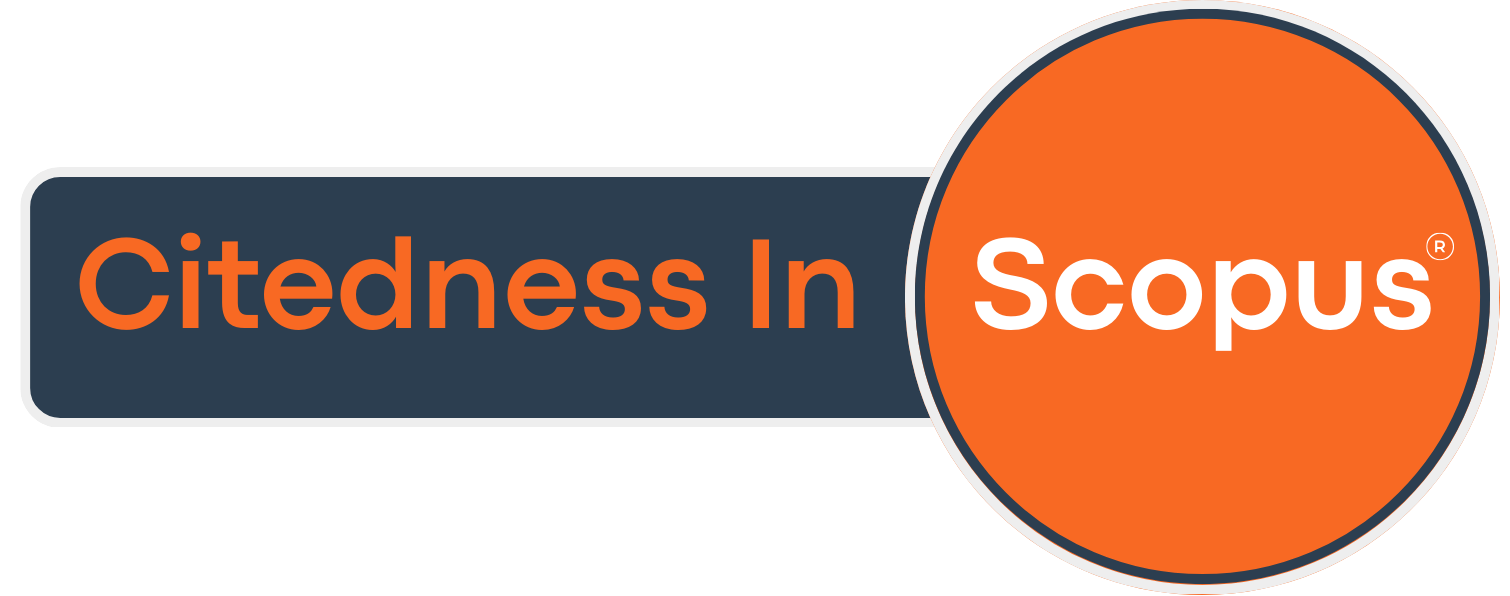METHODS OF LEARNING LISTENING COMPREHENSION
Downloads
Objective: This study aims to address methodological challenges in foreign language education by focusing on oral comprehension and listening strategies as critical components of second language acquisition. Method: Employing a qualitative review, the research analyzes current teaching methods and classroom listening practices through a comparative lens to identify effective pedagogical approaches. Results: The findings reveal that structured listening activities, when coupled with explicit strategy training, enhance learner engagement and improve comprehension accuracy. Students exposed to focused techniques such as attention management, content prediction, and auditory interpretation consistently demonstrated better understanding across diverse spoken contexts. Novelty: The study contributes to the field by bridging the gap between theoretical acknowledgment of listening skills and their practical implementation in language instruction. It emphasizes the integration of listening strategies into mainstream curriculum design rather than treating them as supplementary skills, highlighting the necessity for teacher training and curriculum adaptation. This approach provides learners with applicable tools to navigate authentic spoken communication, marking a shift toward more effective and learner-centered listening instruction.
A. P. Gilakjani и M. R. Ahmadi, «A study of factors affecting EFL learners’ English listening comprehension and the strategies for improvement», J. Lang. Teach. Res., т. 2, вып. 5, сс. 977–988, 2011.
D. De Saint-Martin и G. Lüdi, Compréhension orale et stratégies d’écoute : Perspectives théoriques et didactiques. Éditions Didier, 1997.
A. Kırbaş, «Effects of cooperative learning method on the development of listening comprehension and listening skills», Int. J. Lang. Educ. Teach., т. 5, вып. 1, сс. 1–17, 2017.
L. Vandergrift, «It was nice to see that our predictions were right: Developing metacognition in L2 listening comprehension», Can. Mod. Lang. Rev., т. 58, вып. 4, сс. 555–575, 2002, doi: 10.3138/cmlr.58.4.555.
N. Chomsky, Language and Thinking. Unknown Publisher, 1972.
D. J. Mendelsohn, «Learning to listen: A strategy-based approach for the second-language learner», TESOL Q., т. 28, вып. 1, сс. 172–175, 1994.
J. E. Berne, «Listening comprehension strategies: A review of the literature», Foreign Lang. Ann., т. 37, вып. 4, сс. 521–531, 2004.
J. Field, Listening in the Language Classroom. Cambridge University Press, 2008.
L. Vandergrift, «Recent developments in second and foreign language listening comprehension research», Lang. Teach., т. 40, вып. 3, сс. 191–210, 2007.
T. Magfirah, «Students’ Reading and Listening Comprehension Based on Their Learning Styles», Int. J. Educ., т. 10, вып. 2, сс. 107–113, 2018.
L. Vandergrift и C. Goh, «Teaching and testing listening comprehension», в The Handbook of Language Teaching, Wiley-Blackwell, 2009, сс. 395–411.
S.-W. Su и C.-H. Liu, «Teaching listening comprehension skills: A test-orientated approach», J. Lang. Teach. Res., т. 3, вып. 3, сс. 458–464, 2012.
S. M. Ahmadi, «The importance of listening comprehension in language learning», Int. J. Res. Engl. Educ., 2016.
H. Nor, «The techniques in teaching listening skill», J. Engl. Foreign Lang., т. 4, вып. 1, сс. 41–51, 2014.
F. M. Cigerci и M. Gultekin, «Use of digital stories to develop listening comprehension skills», Issues Educ. Res., т. 27, вып. 2, сс. 252–268, 2017.
Copyright (c) 2025 Gulrukh Qilicheva

This work is licensed under a Creative Commons Attribution 4.0 International License.























